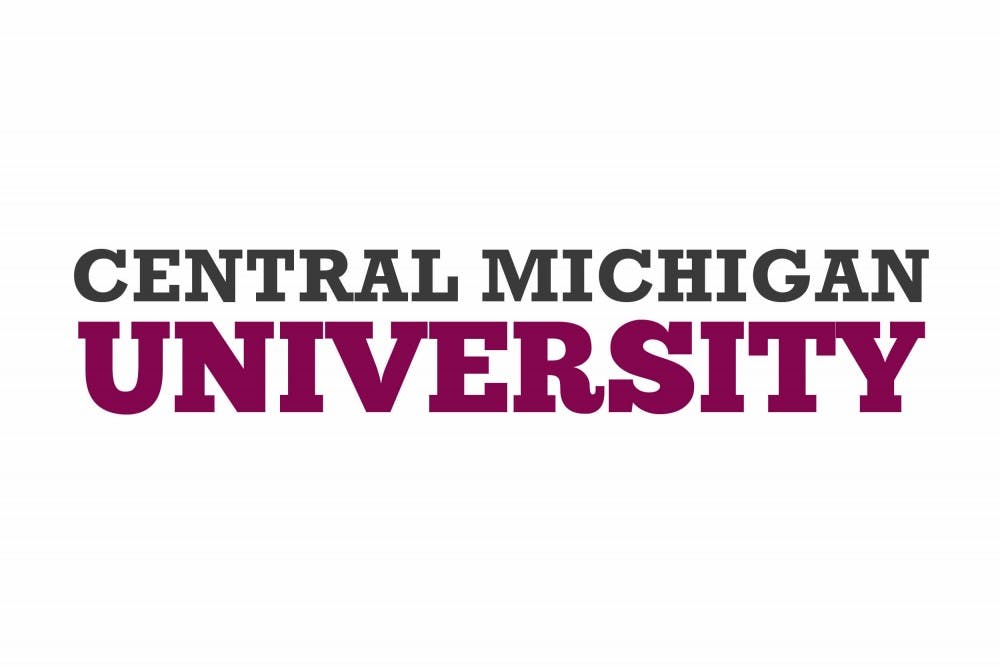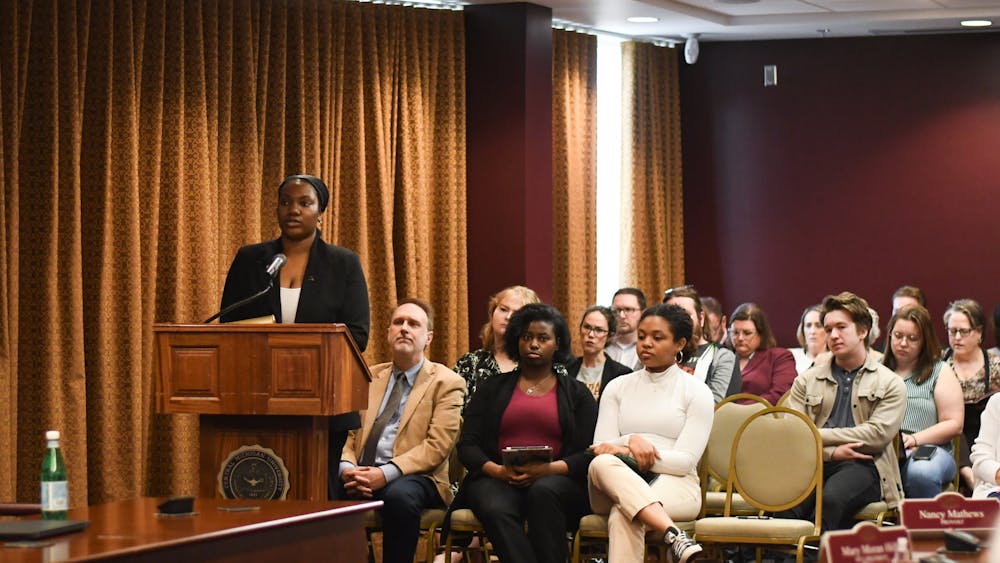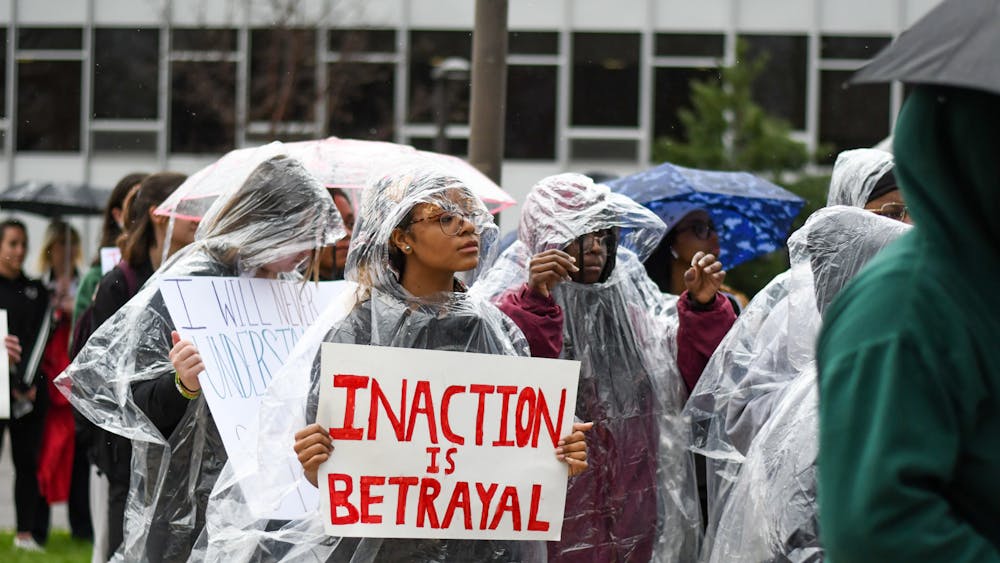Advisor to student ratio far below recommendations
Adjusting to the increase of students in need of advising during the spring 2015 semester, the Office of Academic Advising is making the best of limited time.
Executive Director Michelle Howard calls the strategy "Express Advising." Each student appointment will last 15 minutes.
Although this semester isn't as busy as the fall scheduling period — during which Howard's office alone saw 5,000 students — the Office of Academic Advising will be running at full strength this month. The ratio of students to advisors is 1 to 600-700 at CMU. This is more than double the National Academic Advising Association recommendation of 1 advisor to every 300 students.
Howard said her department recognizes that students require advising on a case-by-case basis and individual students have different needs. General academic advising is provided to students who have not signed a major at each of the success centers on campus. Success centers are located at the Trout/Caukins Breezeway, Ojibway Court, Saxe-Herrig Lobby and Kessler Hall 130.
After signing a major, students are assigned an advisor in their department to assist with class scheduling, bulletin interpretation and career guidance.
In addition to providing several physical locations on campus, the Office of Academic Advising is relying on technology to close the gap.
Advising Workbench, first made available to students in February 2012, is "a tool for helping students earn their degrees in a timely fashion," according to CMU's website. This online feature increases student awareness of both program-specific and university requirements, helps them with scheduling and acts as an online compliment to in-person advising.
"It would help students (to) understand that academic advisors are also teachers," Howard said. "We assist students in learning about the education system and help them be successful."
However, only students who enrolled at CMU after the 2011-12 academic year will have access to information regarding progress toward their major and minor.
Lake Odessa alumnus Riley Nesbit graduated last fall after four-and-a-half years at CMU. He said he could have benefited more from advisors as an undergraduate.
"When it came to UP or degree requirements, that's where things got a little fuzzy," Nisbet said. "I guess I wish I had taken more advantage of the academic advisors through the university."
Chaoyi Zhang, a transfer student from China who intends to major in applied arts, has received a great deal of help from the academic advisors on campus.
"They answered my questions very clearly and (afterward) I understood scheduling," Zhang said.
He has spoken to several advisors during his six months at CMU, and recommends it to his friends.





